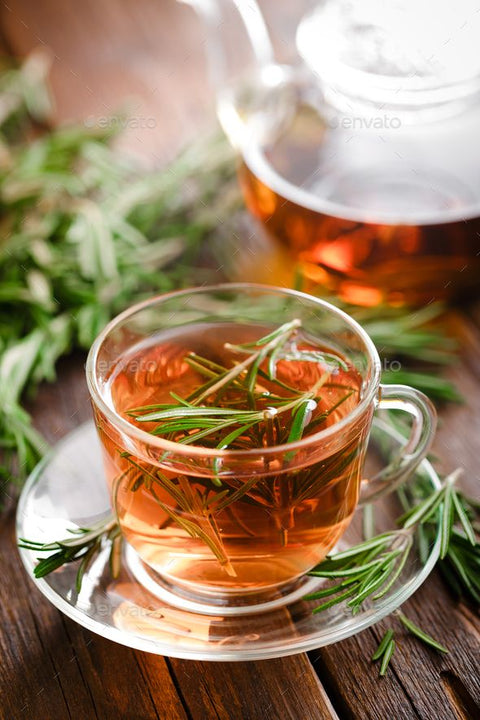Yoga is not just a workout; it’s a holistic practice that nurtures the body, mind, and spirit. After a fulfilling yoga session, your body deserves gentle care to restore energy, soothe tired muscles, and promote relaxation. One of the simplest and most effective ways to support post-yoga recovery is with herbal teas. Rich in antioxidants, anti-inflammatory compounds, and calming properties, these teas can help you unwind, rehydrate, and enhance the benefits of your practice.
Chamomile tea is a classic choice for post-yoga relaxation. Known for its soothing and anti-inflammatory properties, chamomile can help calm the nervous system, reduce muscle tension, and prepare your body for restful sleep. A warm cup of chamomile tea after a yoga session allows your body to transition from activity to relaxation, enhancing the restorative effects of your practice.
Peppermint tea is another excellent post-yoga companion. Its natural cooling and soothing properties help ease sore muscles while supporting digestion. Peppermint’s refreshing aroma also aids in mental clarity and focus, helping you feel rejuvenated after a session. Sipping peppermint tea slowly after yoga can help your body absorb nutrients more effectively and maintain a sense of calm energy.
Ginger tea is particularly beneficial for those who want to improve circulation and combat post-exercise fatigue. Its natural warming effect stimulates blood flow, helping nutrients reach tired muscles while reducing inflammation. Drinking ginger tea post-yoga can help prevent soreness and support overall energy levels, making it easier to continue your day feeling light and refreshed.
Turmeric tea, often called the golden elixir, is celebrated for its anti-inflammatory and immune-supporting benefits. Curcumin, the active compound in turmeric, aids joint recovery, reduces muscle soreness, and supports overall wellness. A warm cup of turmeric tea after yoga not only aids physical recovery but also helps strengthen your body’s natural defenses, keeping you energized and resilient.
For emotional balance and stress relief, herbal teas such as tulsi (holy basil) or lemon balm are perfect. Tulsi is revered in Ayurveda for its adaptogenic properties, helping reduce stress and stabilize mood, while lemon balm offers gentle calming effects, reducing tension and promoting a sense of inner peace. These teas help you fully embrace the meditative and restorative aspects of yoga, supporting both mental and physical recovery.
For optimal results, sip these teas slowly in a quiet, comfortable space after your practice. Whether you prefer them warm or iced, these herbal infusions provide a moment of mindfulness, helping your body transition from movement to stillness. Incorporating herbal teas into your post-yoga routine is a small but impactful ritual that nurtures your body, soothes your mind, and enhances the holistic benefits of your yoga practice.
Incorporating herbal teas into your yoga recovery routine is more than a habit—it’s an act of self-care. These teas not only relieve physical discomfort like sore muscles and inflammation but also support mental clarity, emotional balance, and hydration. By choosing the right blend for your needs, you can turn a simple cup of tea into a restorative ritual that enhances your post-yoga experience, leaving you feeling rejuvenated, balanced, and fully nurtured.




Comments (0)
There are no comments for this article. Be the first one to leave a message!